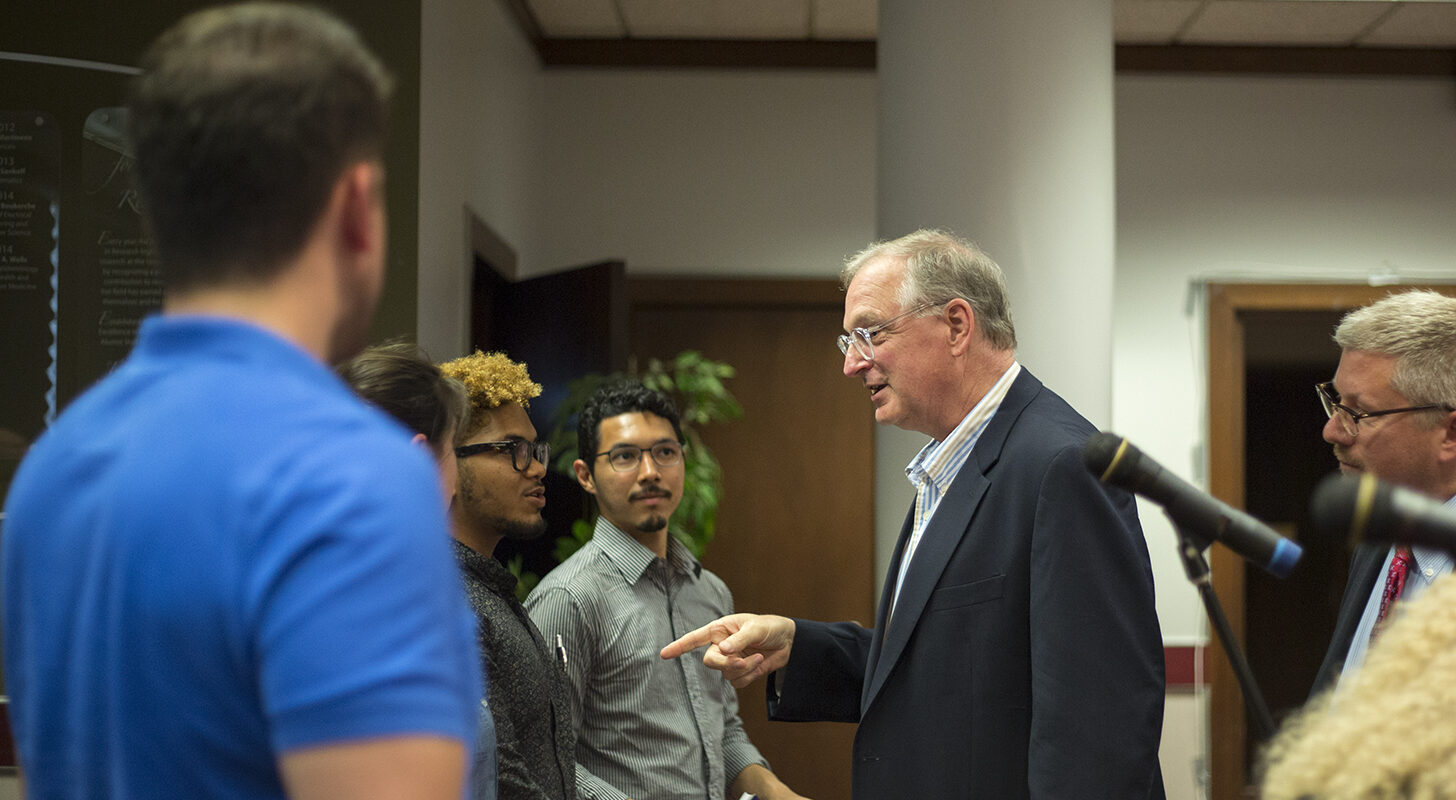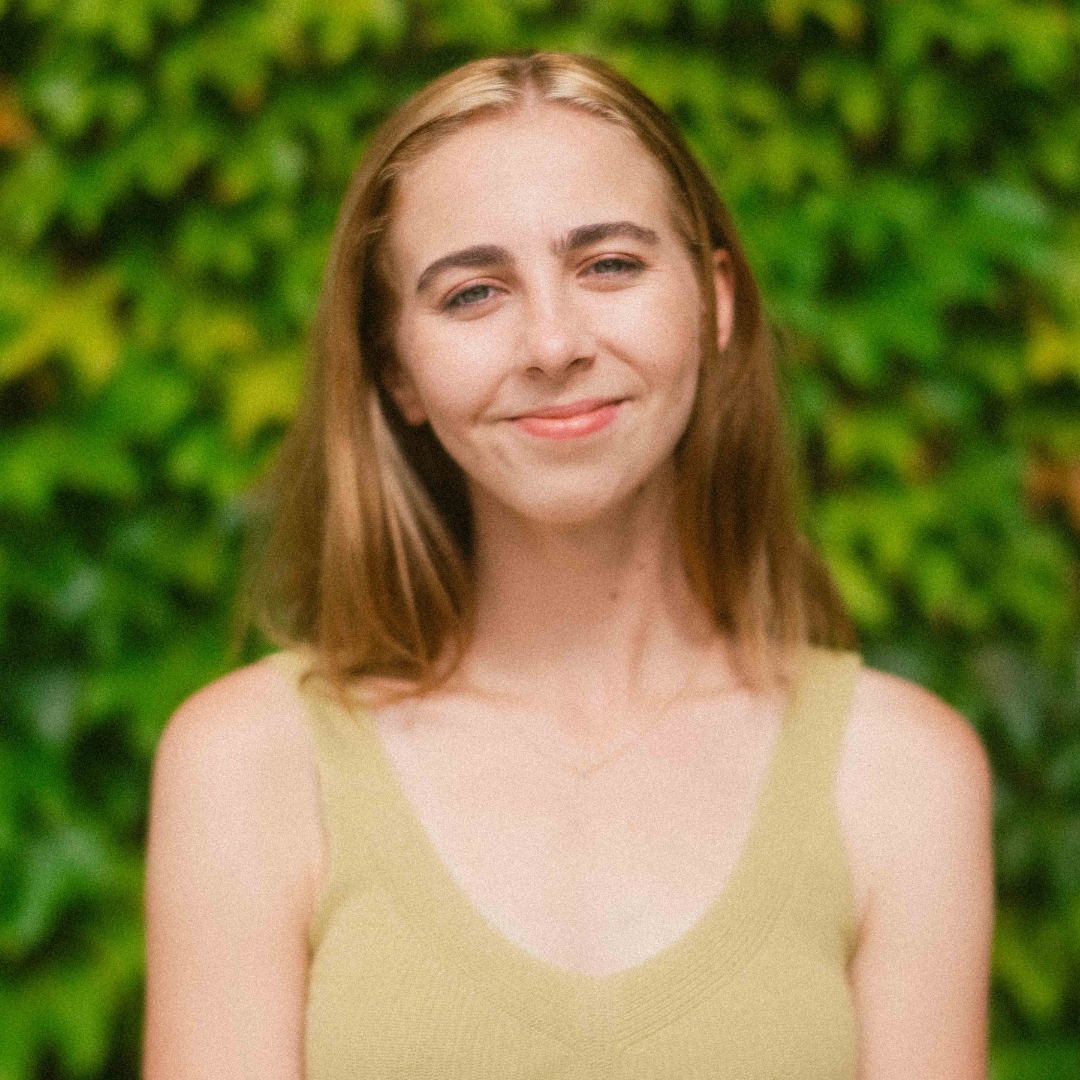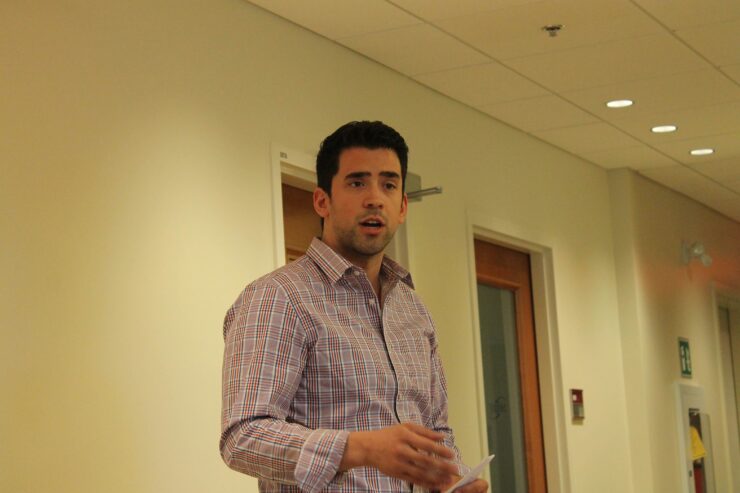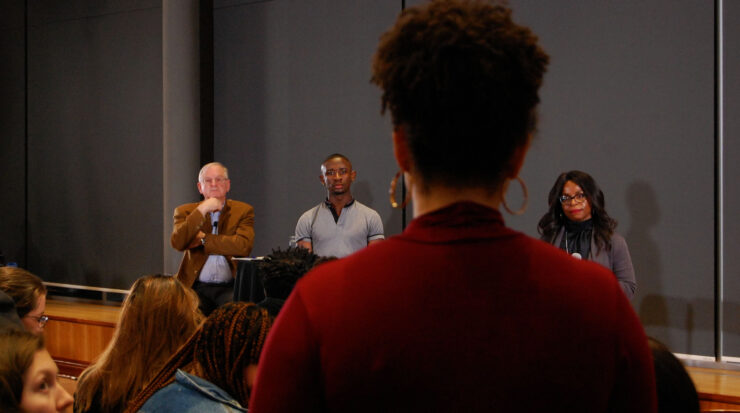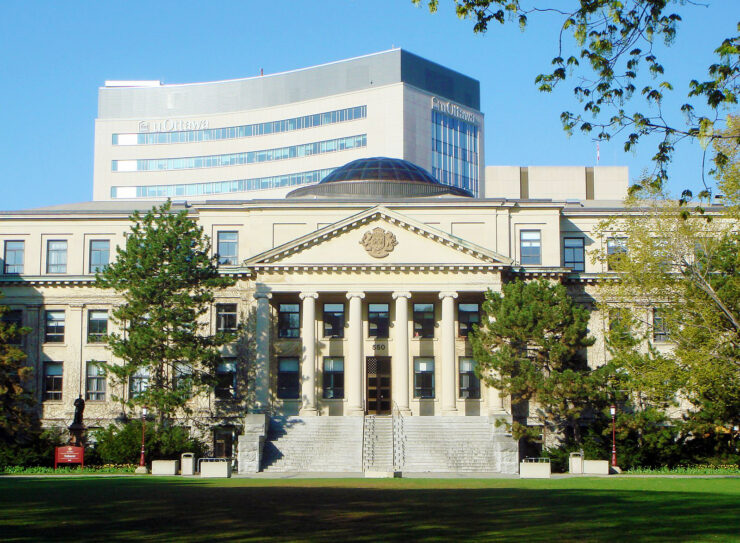Frémont’s early departure from the role will leave the Board of Governors (BOG) to appoint a new president and vice-chancellor by the end of this academic year
Radio-Canada is reporting U of O President and Vice Chancellor Jacques Frémont will leave his position a year early. Originally appointed the 30th President of the University of Ottawa in 2016, Frémont began a second term in 2020; originally meant to leave in June 2026, he’ll now be out of the role in June 2025. He cited personal reasons for the decision to step aside early.
Frémont studied at Laval University before attending law school at Osgoode Hall. Frémont was dean of law at the University of Montréal until 2010 and was appointed to chair Québec’s Human Rights and Youth Rights Commission in 2013.
He became President of the U of O in 2016, a position that encompasses many responsibilities including chairing the university’s Senate and acting as a member of the U of O’s Board of Governors (BOG). These two separate bodies oversee the school’s academic policy and management/governance, respectively.
First term in the role
In his first address after his appointment in December of 2015, Frémont spoke of the U of O’s unique commitment to bilingualism: “I was also attracted to the University of Ottawa because of its long and harmonious history of combining both Francophone and Anglophone cultures. The University has been committed to this unique dual culture environment since its founding in 1848 by Mgr. Joseph-Eugène-Bruno Guigues. It was his dream to bring together Francophones and Anglophones to study in the same classroom, both in French and English.”
In June 2019, two separate instances of carding by campus security drew heavy scrutiny to campus. First, a Black student was stopped by campus security while skateboarding on campus and accused of trespassing; he was detained for over two hours before being released without a ticket or a warning. Later that month another Black student was carded by campus security, this time in his workplace and home, a residence building.
In 2019, Frémont was at the helm of the school’s administration during the collapse of the Student Federation of the University of Ottawa (SFUO). In an interview with the Fulcrum reflecting on the difficulties with the previous union he shared: “[W]hen we decided to terminate the contract, it was not an easy decision to take, because basically, the student body is suffering. Decisions concerning students should be taken by students, but this time around, it went a bit too far.”
Second Term
In February of 2020 Fremont acknowledged a mental health crisis amongst U of O students after the fifth death by suicide in ten months. Students responded to Frémont’s response to the crisis by holding a sit-in outside of his office the next day. Frémont came out of his office to speak to students after they had been gathered for hours making signs and sitting on the steps across from his office.
In March 2020 Frémont called the previously mentioned 2019 racial-profiling and hand-cuffing of a Black student a “good crisis” addressing the student directly in a statement where he told the student to “never waste a good incident or a good crisis”.
Frémont oversaw the University through the COVID-19 pandemic, overseeing a transition to online learning and keeping the university community appraised of the unfolding situation. He spoke with the Fulcrum in March 2020 about student mental health concerns during the online transition: “It is crucial, especially in the light of recent events, so we are trying to find new ways of supporting students, and to build resilience. But that’s not an easy one.”
In early October of 2020 a part-time Professor in the Faculty of the Arts was temporarily removed from teaching responsibilities after using the N-word in an online lecture. Frémont did not address the situation publicly until two weeks later after a group of 34 U of O professors published a letter of support for their colleague. Frémont said of the discourse: “contrary to so much of what has been written in recent days, the right to freedom of expression and the right to dignity are not contradictory principles, but complementary. They must co-exist with one another.”
In January 2022 Frémont signed the Okanagan charter, “a mental health charter dedicated to promoting mental health resources on campus.”
In February of 2022 Frémont announced plans for the university to divest from fossil fuels by 2023 and pledged to end all indirect holdings in the industry by 2030. Speaking of the decision Frémont said: “[It] goes hand in hand with our overall commitments to reducing our carbon footprint on campus. I thank the many students who advocated for the important steps we are taking. It is a great example of effective leadership on their part.”. U of O students had been advocating for divestment since the early 2010s.
During the Palestinian solidarity encampment on Tabaret Lawn from April to July of 2024, Frémont was notably absent from any university emails to the community, instead the university’s vice-president of academic affairs Jacques Beauvais signed emails with updates on the situation. Frémont was not present in any of the meetings between encampment organizers and university administrators. He made a statement on the encampment to the University Senate on June 10.
During the encampment stickers were put up around campus, specifically on the Tabaret Hall sign, with an image of Frémont and the words: “Jacques Frémont, you can’t hide / You are funding genocide”.
Images from June 3. (Images: Bridget Coady/Fulcrum.)
After the encampment disbanded Frémont released a public statement on July 10, focusing on the state of Tabaret Lawn after protestors left: “We condemn the acts of vandalism committed by the demonstrators before leaving the site, which add to the already considerable damage around Tabaret since the encampment was set up and continue to generate huge costs for the University. The Ottawa Police Service is onsite to assess the situation, including the damage.”
Frémont’s statement continued: “We have stated many times that the values of academic freedom and freedom of expression are foundational to our mission, and we will continue to uphold them. However, the illegal occupation of spaces is not freedom of expression, as the Superior Court of Ontario has recently ruled. Neither is setting up fences around the encampment, nor restricting access to only those who agree with organizers. These are simply violations of others’ right to use those spaces.”
“That being said, we have heard the protestors’ message. We fully acknowledge the pain caused by the violence unfolding in the Middle East since October of last year. That pain is indeed felt by many members of our community. We also know that the tensions that the conflict is causing on our campus and in our society will persist. It is important that we prepare for the new academic year in a spirit of respect and openness, to ensure that every member of our community feels safe and secure, so that they can thrive.”
Overview
Frémont has appeared on the Ontario Sunshine list for every year he has been in the role of President, receiving a salary of $399,616 annually since 2018.
Keeping in line with the decade before his appointment, tuition increased every single year of Frémont’s presidency. See Fulcrum articles from 2020, 2022 and 2023.
Frémont’s early departure from the role will leave the Board of Governors (BOG) to appoint a new president and vice-chancellor by the end of this academic year. The procedure for such an appointment can be found here.

